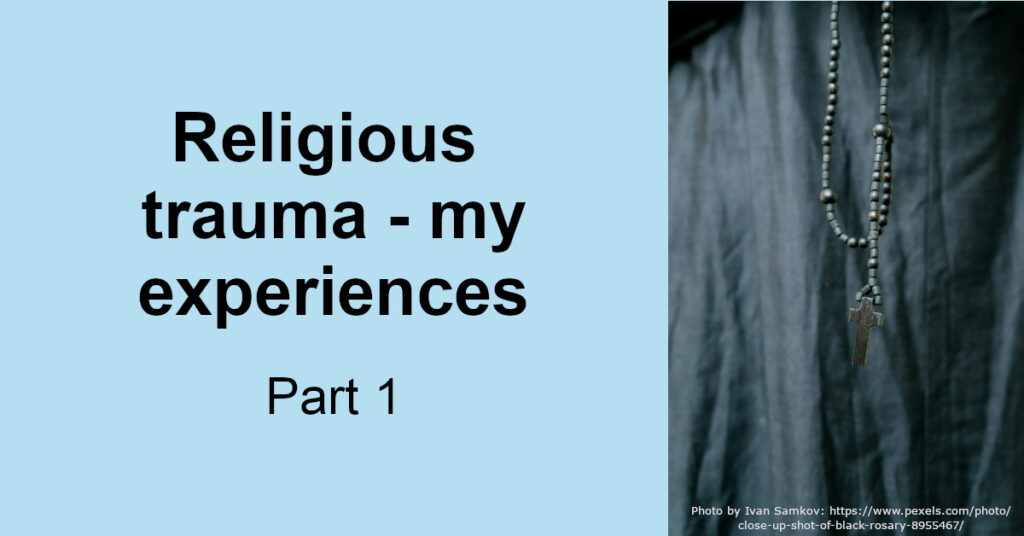
Soul care videos for spiritual trauma
About soul care
When you’ve experienced spiritual trauma, your soul can be in desperate need of some care. The aim of the videos on this page is to gently nourish your soul and help you on your path to healing.
I’ve been through a lot of spiritual trauma myself and that’s why I have it on my heart to create trauma-informed tools to help people connect with the divine again in a gentle, non-coercive way.
These videos are based on ancient spiritual practices of contemplative prayer, which is all about experiencing and deeping your relationship with divine love. They use trauma informed principles – like grounding techniques, non-directive language, gender-neutral language, consent and more – to help you explore your thoughts and feelings about spirituality in a gentle way that won’t cause more harm.
More recent videos:
What to do if you experience trauma symptoms during the videos
You might experience trauma symptoms, like overwhelming emotions, body sensations or images/flashbacks, while meditating or practicing contemplative prayer. If this is your experience, I would invite you to consider taking a break, pausing the video, opening your eyes if they’re not already open and try a self-soothing practice. I’ve created a trauma toolkit to help you in these situations.
Why imaginative prayer?
Imaginative prayer can help you change your mental image of the divine and relate to the divine in a new way. Imagination can be an extremely powerful tool in overcoming trauma.
Trauma expert, Dr Bessel Van Der Kolk says: ‘Imagination is absolutely critical to the quality of our lives. …Imagination gives us the opportunity to to envision new possibilities — it is an essential launchpad for making our hopes come true. It fires our creativity, relieves our boredom, alleviates our pain, enhances our pleasure, and enriches our most intimate relationships.
‘When people are compulsively and constantly pulled back into the past, to the last time they felt intense involvement and deep emotions, they suffer from a failure of imagination, a loss of mental flexibility. Without imagination there is no hope, no chance to envision a better future, no place to go, no goal to reach.’ (From The Body Keeps the Score, 2014).
I recently learnt that one of the main ways to heal attachment in psychology is to imagine an ideal parental figure (IPF) who meets the needs that weren’t met by your parents or carergivers when you were a child. This can help you to embody the feelings of having your needs met and teach your brain that you’re safe and secure. It can then help you in other relationships. I believe that imagining meeting with Jesus in the gospel stories – with all his compassion and tenderness – can help you to heal. You might find it helpful (althought painful) to write down the needs that weren’t met in your childhood so that you can seek out stories, scriptures and imagined eexperiences that touch on these needs.
I would add that when you’re living with trauma, using your imagination can be difficult, and your ability to imagine things can be affected by being triggered in the moment. I see this process as being like building a muscle over time and that’s why it’s important to be patient with yourself when you find you can’t get into the practices because there are likely to be setbacks but that doesn’t mean you’re not healing.
I hope and pray that you are able to meet with Jesus right where you’re at through these videos.
My story of living with the effects of religious trauma
I shared my story of the effects of religious trauma on my spiritual life in a two vulnerable blog posts:








